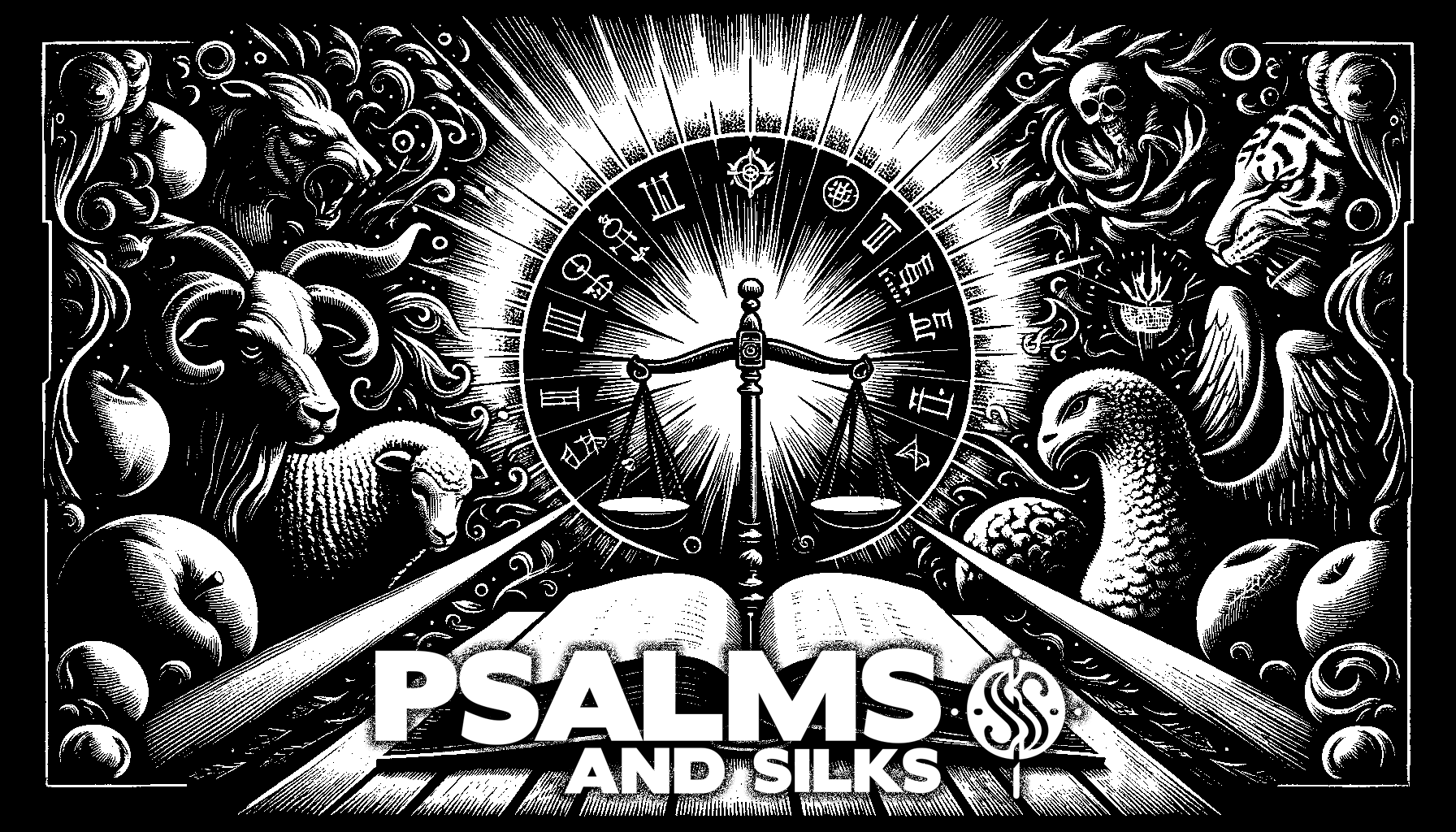
Understanding Fear in Revelation Talks: A Balanced Perspective
The Book of Revelation, also known as the Apocalypse, is one of the most discussed yet misunderstood books in the Christian Bible. It’s not uncommon for people to express fear or apprehension when this book comes up in conversations. But why does it evoke such strong emotions? Let’s explore.
One of the most famous quotes from the Book of Revelation is from Revelation 21:4:
“And God shall wipe away all tears from their eyes; and there shall be no more death, neither sorrow, nor crying, neither shall there be any more pain: for the former things are passed away.”
1. Apocalyptic Imagery and Symbolism
Revelation is replete with dramatic and sometimes daunting imagery. Its symbolic language, featuring beasts, wars, and plagues, can be both confusing and intimidating, especially for those unfamiliar with apocalyptic literature’s historical and cultural context.
2. End Times and Judgment
The book deals significantly with the concept of the end of the world and the final judgment. This idea of a definitive judgment by God can be a source of existential dread, raising questions about one’s faith and the fate of the world.
3. Misinterpretation and Misinformation
Throughout history, Revelation has been subject to various interpretations, some of which have been sensationalized in popular media. This has often led to misunderstandings and fear, painting a picture of doom and gloom that may not align with the text’s intended message.
4. Association with Global Events
Many people link Revelation’s descriptions to current global events, leading to fears about impending disasters or the apocalypse. This is particularly true in times of widespread turmoil or uncertainty, where the book’s narratives seem to find echoes in real-world situations.
An example of an event that some people have compared to the imagery and themes of Revelation is the global impact of the COVID-19 pandemic. This comparison arises primarily due to the widespread suffering, uncertainty, and the dramatic changes it brought to everyday life, which some have likened to apocalyptic scenarios:
- Pandemic and Plagues: Revelation speaks of plagues and widespread disease (e.g., Revelation 16:2), which some have associated with the global health crisis caused by COVID-19.
- Global Impact and Change: The sweeping changes in how societies operate, along with the significant impact on economies, lifestyles, and the sense of normalcy, mirror the transformative upheaval often described in apocalyptic literature.
- Fear and Hope: The pandemic, much like the narratives in Revelation, brought about a mix of fear and hope. The fear due to the spread of the virus and its consequences, and hope in the resilience of humanity, scientific advancements for vaccines, and a desire for a restored world.
It’s important to note that these comparisons are often speculative and interpretive. The Book of Revelation is a complex text with many layers of symbolism and metaphor, and its application to contemporary events varies widely among scholars and theologians.
5. The Fear of the Unknown
The book presents a narrative that is beyond normal human experience, filled with mysteries and future events. This uncertainty and the unknown nature of these revelations can naturally lead to apprehension.
6. Personal Reflection on Morality
Revelation prompts readers to reflect on their own morality and mortality. It confronts individuals with the reality of their own impermanence and the transient nature of earthly life, which can be unsettling.
7. Spiritual and Theological Complexity
The theological themes in Revelation are intricate and thought-provoking. It touches upon profound questions about God’s sovereignty, the nature of evil, and the ultimate destiny of humanity and the universe.
Despite these aspects that may invoke fear, it’s essential to remember that many Christian theologians and scholars also highlight Revelation’s themes of hope, the triumph of good over evil, and the promise of a new creation. These themes offer a more optimistic and balanced perspective on the book’s message.
In conclusion, while the Book of Revelation can stir fear and uncertainty, it also offers an opportunity for deeper spiritual reflection and understanding. It’s a book that challenges its readers but also provides hope and reassurance about the ultimate victory of good.




